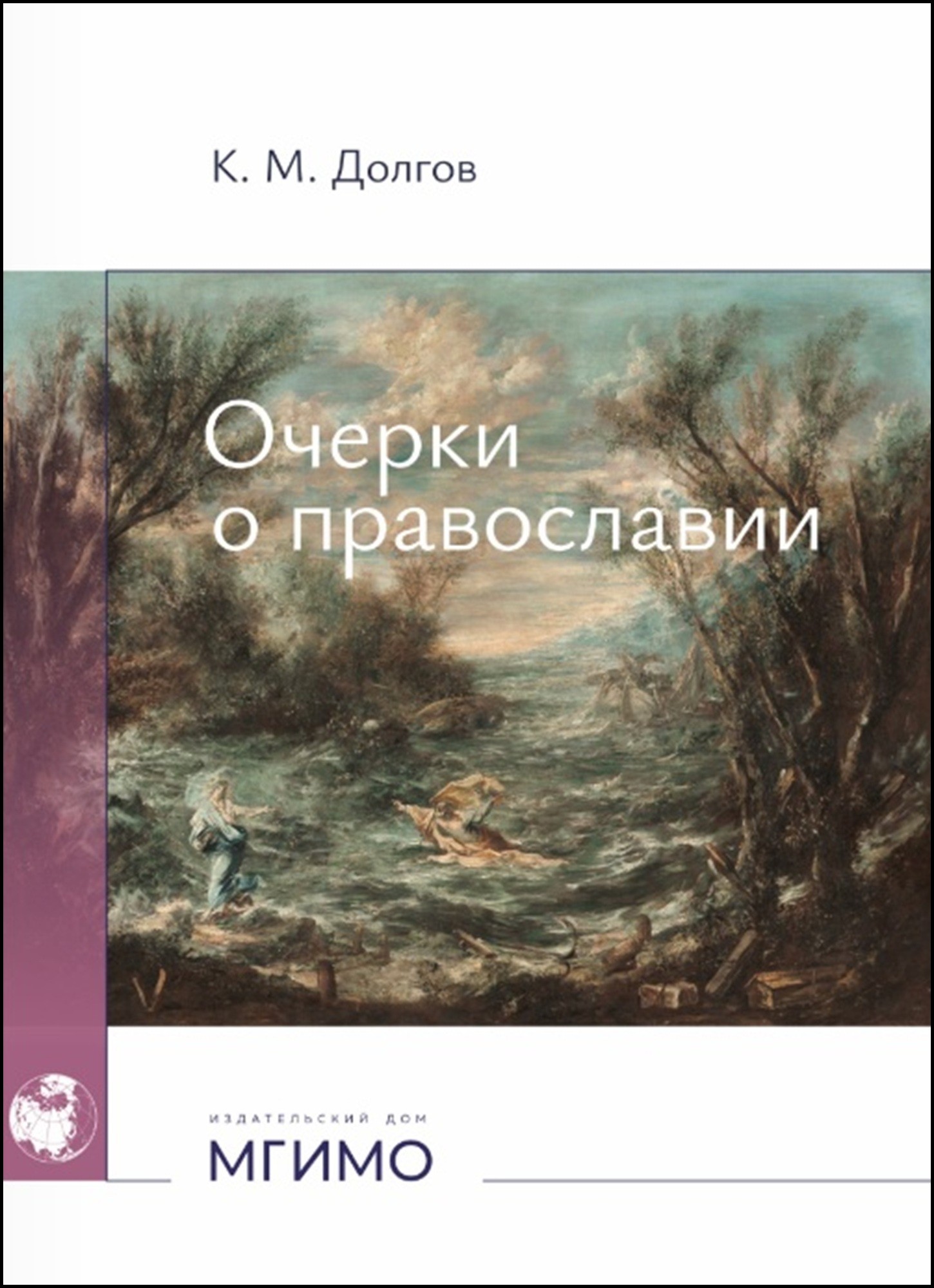The book examines the most important stages in the development of Orthodox doctrine, from the Edict of Milan by Emperor Constantine, which equalized Christianity with other world religions, to the present day. Separate essays are devoted to the holy Equal-to-the-Apostles Prince Vladimir, the baptizer of the Russian people, who laid the foundations of Russian statehood, St. Sergius of Radonezh and the significance of his spiritual feat for the fate of Russia, Patriarch Nikon and the problems associated with the schism and further establishment of the Orthodox faith in Rus'. A number of essays are devoted to the elders of Optina Pustyn - Macarius, Ambrose, Barsanuphius, other Orthodox ascetics - guardians of the Russian land, the Athonite elder Paisius (Svyatogorets). The activities of the outstanding Russian diplomat, thinker, monk of Optina Pustyn Konstantin Leontiev, who predicted many historical events in the life of Russia and Europe, are disclosed in detail. One of the sections of the book is devoted to Athos. Particular attention is paid to issues of education and upbringing and the role, place and significance of the Orthodox faith for the spiritual life of Russia, Europe and the world. For a wide range of readers interested in the history of Christianity, the Russian Orthodox Church, and all who care about the fate of Russia and Orthodoxy.
Orthodoxy, Russia, Jesus, History, Culture
1. Trubeckoy, S. N. Uchenie o Logose v ego istorii // Trubeckoy, S. N. Sochineniya. Moskva: 1994. S. 1.
2. Platon. Sobranie sochineniy: v 4 t. Moskva: Mysl', 1994. T. 3.
3. Trubeckoy, S. N. Uchenie o Logose v ego istorii.
4. Kartashev, A. V. Ocherki po istorii russkoy cerkvi. T. I. Moskva: Nauka, 1991. S. 53.
5. Klyuchevskiy, V. O. Sochineniya: v 9 t. T. 2. Kurs russkoy istorii. Moskva: Mysl', 1988. S. 234–235.
6. Zhitie i chudesa prepodobnogo Sergiya igumena Radonezhskogo, zapisannye prepodobnym Epifaniem Premudrym, ieromonahom Pahomiem Logofetom i starcem Simonom Azar'inym. Moskva: Pravoslavnaya enciklopediya: Svyato-Troickaya Sergieva Lavra, 1997.







